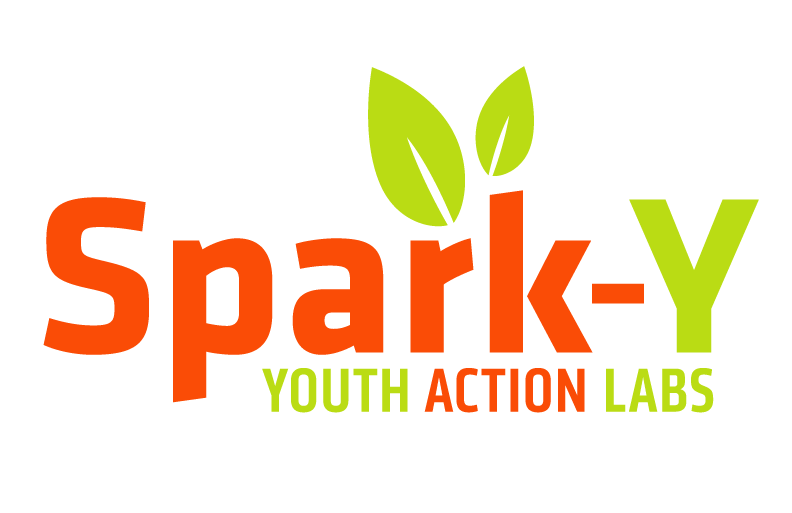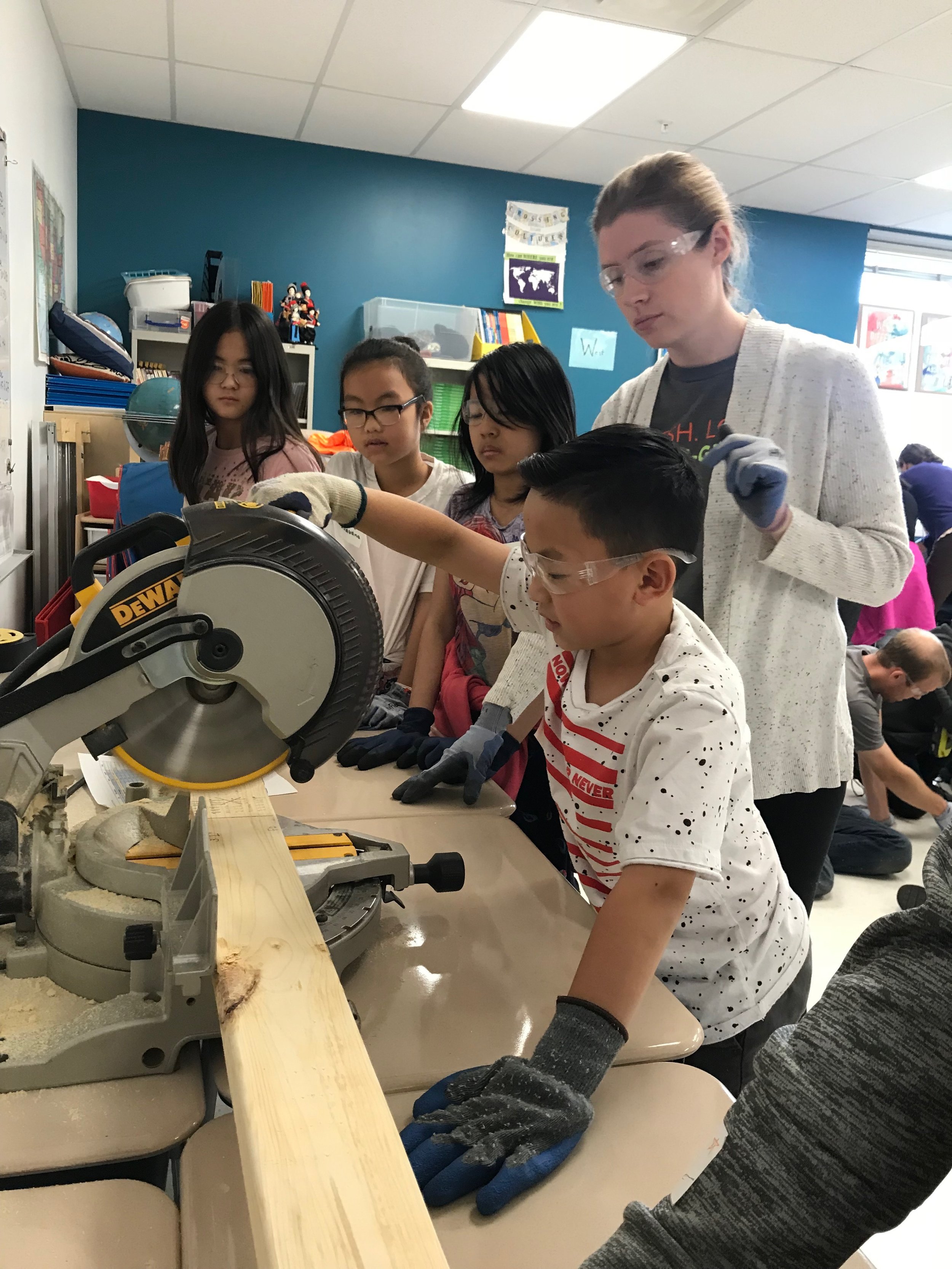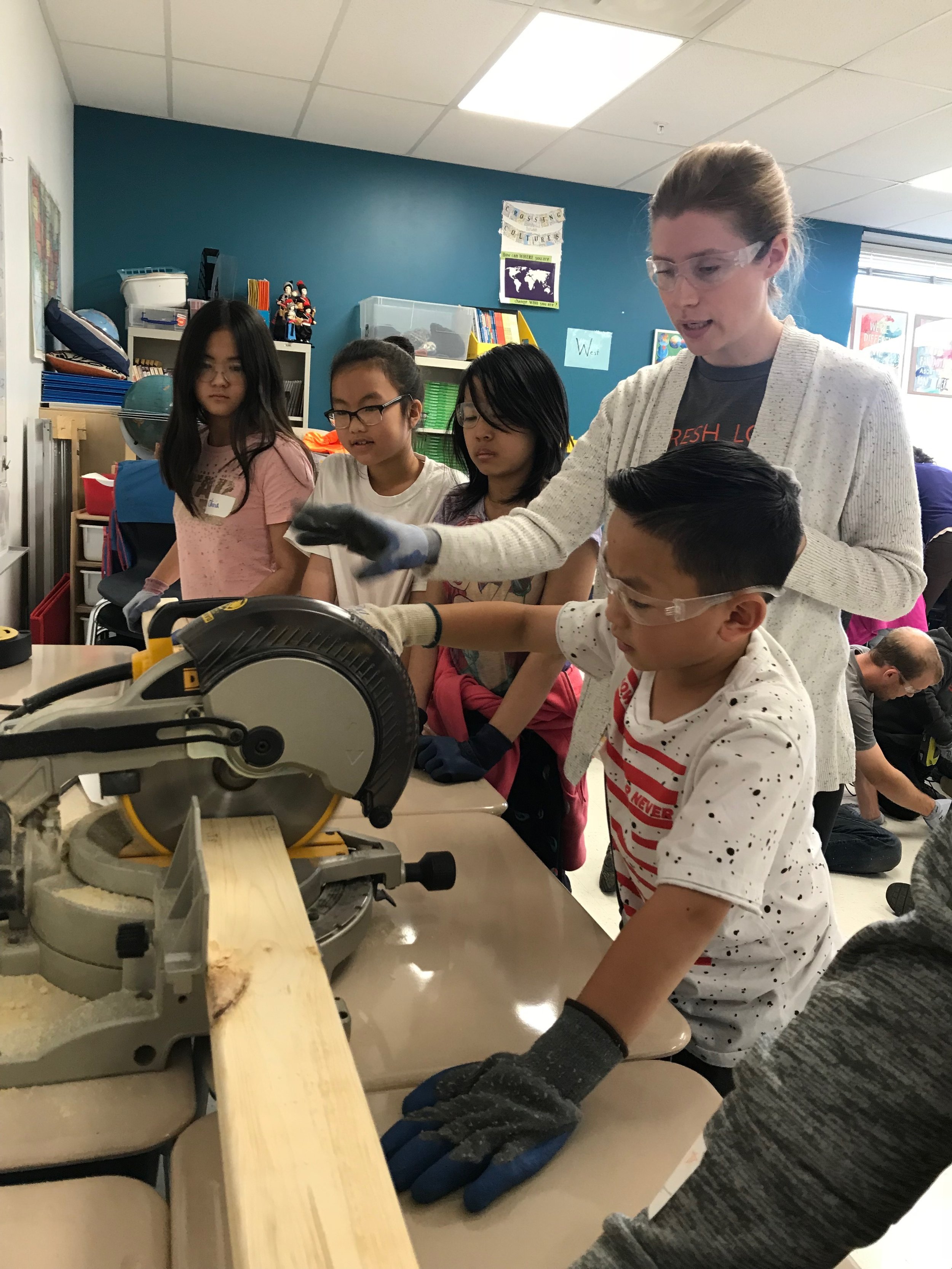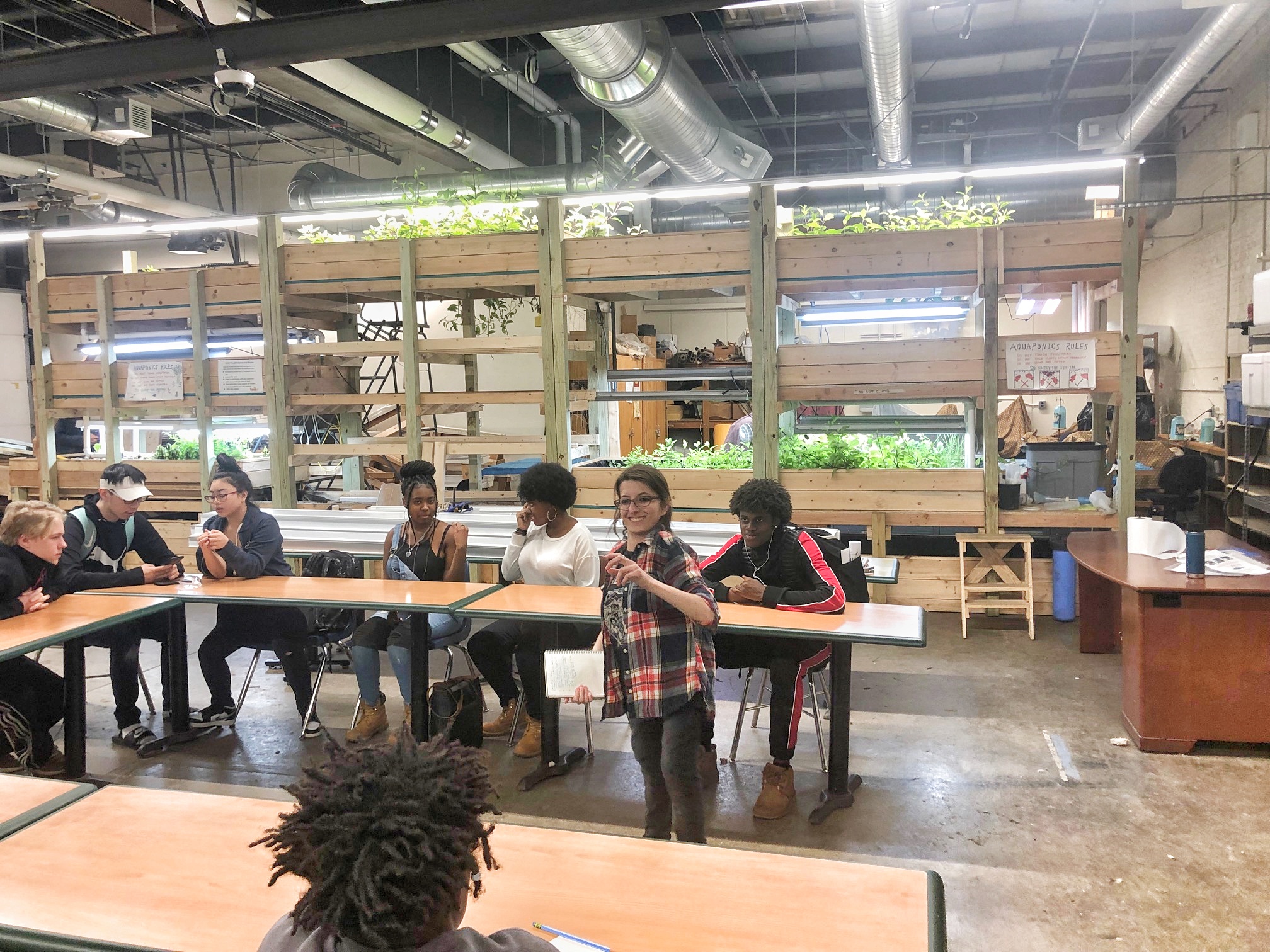This Post was written by Jared Miller and Hani Abukar,
Spark-Y’s summer interns working on the Lube-Tech project.
A big question in sustainable living today is exploring and creating renewable forms of energy so as to maintain our world and make a better environment for future generations. Taking a central role in that subject is the use of fossil fuels in creating energy and in various other fields, in this case the creation of lubricants for the smooth running of engines of various sizes.
Earlier this year, Spark-Y began a collaboration with Lube-Tech, a large manufacturer of oils and lubricants (amongst other business units) to explore the future of biolubricants. What is a biolubricant, you may ask? Well, a biolubricant is essentially a lubricant made from plant based oils such as sunflower or canola oil as opposed to the typical petroleum. It is also known as a bio-based lubricant and is used to a small degree in companies such as Lube-Tech.
Lube-Tech approached Spark-Y with the mission of sounding out the current biolubricants market: what else is there, how viable are these options, who supplies them, and what biolubricants are currently being researched for potential future uses? We are excited to work on this project for Lube-Tech, as the path to a sustainable society necessitates that not only individuals, but groups and corporations take steps towards using renewable resources in their production, and we are very excited that Lube-Tech has tasked us with the mission of taking these first few steps for them.
In addition to the effect that this project will have on helping Lube-Tech to understand and potentially expand into the field of biolubricants, We feel that this project will become a cornerstone of experience for our futures, both as stewards of a sustainable world and as young entrepreneurs entering the workforce, as the aspects of the project involving market research and creating a consulting-style report will prove to be valuable skills for our future career paths. Though we are just starting out on our project, we both feel that this experience has already begun to shape our views on business, sustainability, and entrepreneurship.





















